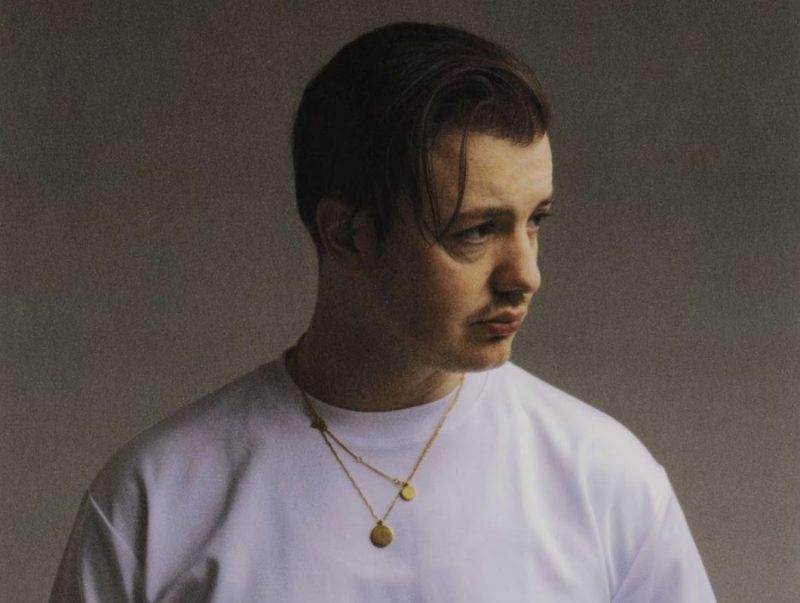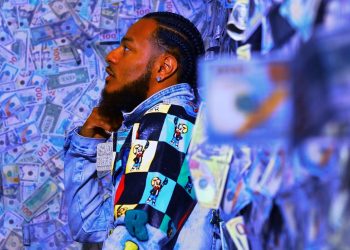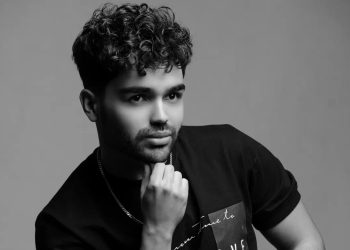
Making something creative, something genuinely capable of reaching others and converting your experience and emotions into shareable art, takes work for most people. However, doing so precisely inspired Billy Ray Schlag, known as Aver Ray, to enter the music industry. The multifaceted and multi-talented creator has not only performed all over but also worked as a producer on some of the biggest albums of our time, such as Kanye West’s latest EP, Vultures. Ray’s devotion to his craft directly reflects his many other endeavors, all of which spotlight his steadfast dedication to diversity and inspiring younger generations.
When it comes to making and producing music, Ray’s motto is “that the best thing you can always do is make whatever feels real for you. If you are trying to create something you don’t enjoy yourself, it will not make people feel something.” He notes that artists are often tempted to follow a particular sound in the music business, “but if that doesn’t feel natural to you, you will most likely not be able to match your own standards and expectations.” Ray highlights that following his heart is what got him in the same room with Ye.
Growing up in a musical family, Ray was born with a love for art and creative expression. As a teenager, he spent much time touring and traveling with his band, expanding his horizons and creating memories that are still reflected in his music today. “There [are] stories that can’t wait to be told, and there is a whole [new] world of things you can’t even explain, but that needs to be expressed,” Ray says, continuing, “That’s what the music is for.”
Speaking on his creative process and challenges, Ray offers some profound wisdom that goes overlooked by many people trying to find their voice. He says, “Trusting your gut is something that gets lost from time to time if you are actually making art for a living. You get distracted quickly about whatever sound or vibe is hot at the moment, but every time [when] I didn’t [care] what the market says, I took a big step further in my career.” Of course, this often requires a leap of faith that scares many people, but Ray wants you to know that it’s a matter of balancing your passion with a sense of selflessness.
While Ray has garnered immense recognition over the years, he says, “The only accomplishment that matters to me is when I see I could actually inspire someone.” Explaining where this aim in life came from, Ray explains, “One of my biggest influences was legendary bass player TM Stevens, who first came to my hometown when I was around the age of 11.” He adds, “When he found out I played keys, he asked me to join him on stage. He could not know how good of a player I was but knew that it would empower me, and I’d be a better musician afterward. This generosity just took me to a higher level, and I figured out that this is what we as artists are supposed to do: inspire others.” Inspiring others is behind his non-profit organization, If A Bird, which he runs with his wife, Tiana Kruskic, and is just as close to his heart as his music.
If A Bird, spearheaded in Germany, “is supporting marginalized teenagers to engage in their identity and unleash their soul power,” Ray says. “Every time we are witnessing how one of those teenagers overcomes their insecurities and shines like a star, we feel like we actually accomplished something meaningful.” With his heart on his sleeve, Ray’s work with both If A Bird and as a music production master is tethered to one another, equally reflective of his passion and determination.
Whether looking at his work with Kanye on his latest songs, “Star,” “Do It,” and “Beg Forgiveness,” or his tireless work with his non-profit music organization centered around youth empowerment, there’s no missing the power and integrity of Ray’s career journey. Of course, for Ray, his altruistic nature feels more akin to requirement than simple choice. He says, “I think being able to make music (especially if you can make a living out of that) is a big privilege. In my opinion,” Ray adds, “privilege also brings responsibility. The responsibility is to take the chances and opportunities that are given to you and, secondly, try to use the resources you gain by supporting someone who doesn’t have that privilege.”




